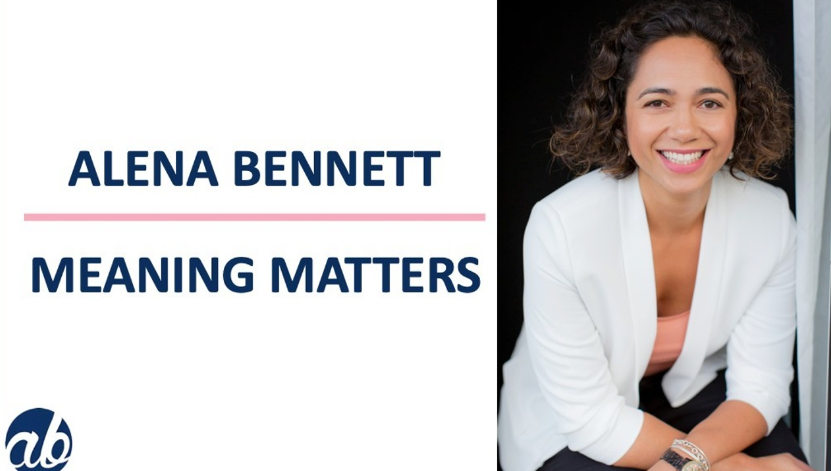While business partnering is no longer a new concept, CFOs continue to experience difficulty positioning themselves as a trusted and valued business partner with their CEO and with their C-suite colleagues. And it's no wonder why: CFOs are the stewards of the company's financial information and health: past, present and future. While most of the organisation can be focused on current and future performance, a huge part of the 'business as usual' job of a CFO is that of the past.
What holds CFOs back in the past?
This has got to be one of the biggest frustrations for a CFO. The things that get in the way of the ability to focus on driving future financial performance include:
• Old systems: legacy systems that are outdated and are no longer supported. That include so many customisations a key person risk has arisen with the team - that is, the workarounds to deal with many of the issues are known by those key people that have been around for as many years. Reports that should come with the press of a button, need to be put through a report writer and manipulated, introducing inefficiency and risk.
• Bolt-on systems: Most organisations have weathered an acquisition or two, and quite often that comes with the system of the acquired entity. With that comes unnecessary duplication and inefficiency to generate even the most basic of financial information. Coupled with the legacy systems issue above, it can feel like an organisation's financial systems are held together with sticky tape.
• Unclear or outdated processes: Process work is the bane of most peoples' existence. Taking the time to define and document processes is perceived to simply get in the way of the latest priority or fire that needs to be put out. But without this breeds lack of clarity, and so processes diverge from best practice. Or they evolve with the organisation, but are kept in peoples' heads and not understood by all. What should be a seamless financial reporting process is clunky and opaque.
• Talent: Getting the right talent in your team is challenging. You need people that are commercial, that have specific areas of technical expertise and that have the people skills and emotional intelligence to lead teams and influence stakeholders. The ability to hold a 'full deck of cards' in terms of your team is quite the luxury for a CFO.
• Underperforming team: Even if you do have a full deck of cards, developing a high performing finance team takes time and effort. Without intentional action, silos form, chaos ensues and toxic cultures quickly emerge damaging the reputation of the finance function across the business.
• Dealing with dysfunction: Quite often seen as 'the glue', CFOs often find themselves dealing with disagreements, conflict and often dysfunction within their team, within their peer group and even at the Board. "If only I didn't have to deal with the people" is a common statement I hear. It's said in jest but demonstrates the perceived impediment.
It's important to know where you're going...
and the steps involved to get there. In order to overcome and rise above those challenges, having clarity in the steps you need to take is critical. Most CFOs believe that their end game is business partner. However I've noticed over time they tend to use the term 'trusted adviser' interchangeably with 'trusted partner'. I'd like to share with you the nuance that might just provide you with the step you're missing in your journey to trusted business partner. In order to do that, we need to start with...
CFO as Deliverer
It is very easy for CFOs to default to 'rolling up their sleeves' and focus on delivering. This is exhausting as it often involves rolling up their sleeves to help their team get something over the line....all the time. Instead of investing the time to coach and train their staff, they climb in the trenches. This disempowers the team but also inherently limits the opportunity to get above the line. Performance here is still reactive and average. Delivering doesn't cut it anymore.
To elevate above this level, CFOs need to identify where their high value activities are and invest their time and energy in those. It's about priorities.
CFO as Adviser
When CFOs are trusted advisers they are consulted at the beginning and they have chance to influence the most commercial outcome for the business. CFOs at this level find themselves in lots of meetings giving lots of advice! It's at this level CFOs know they are valued and their impact is at 75% of their potential. At some point, however, it can feel transactional where you're the 'sounding board' or 'consultant' to the business. It's a lonely job, being a CFO. You don't want to do anything else to position yourself on the outer.
This is when CFOs need to start thinking about 'customer and stakeholder experience' and how to shift from adviser to partner.
CFO as Partner
This is where CFOs want to play. The nuance between being an adviser and a partner is that when you are a business partner, the relationship is one of equals. You can bring issues and opportunities to the business and vice versa. It's a pairing of leaders: the ying to the yang. It can be easiest to form this relationship with the CEO, but more challenging with the rest of the business. The most successful CFOs are those that can partner with their boss AND their peers.
The difference between Adviser and Partner
Think about the advisers you have in your personal life. Your family accountant, lawyer, your doctor. Your personal trainer, executive coach or sporting coach. What do they do for you? Do they do it with you or for you? Do you take the lead or do they? Or do you both share a common goal and work together to achieve it?
This is the nuance between CFO as Adviser and Partner. It's slight, but it's impactful.
How does this nuance manifest in your organisation?
Are you an Adviser or Partner?


